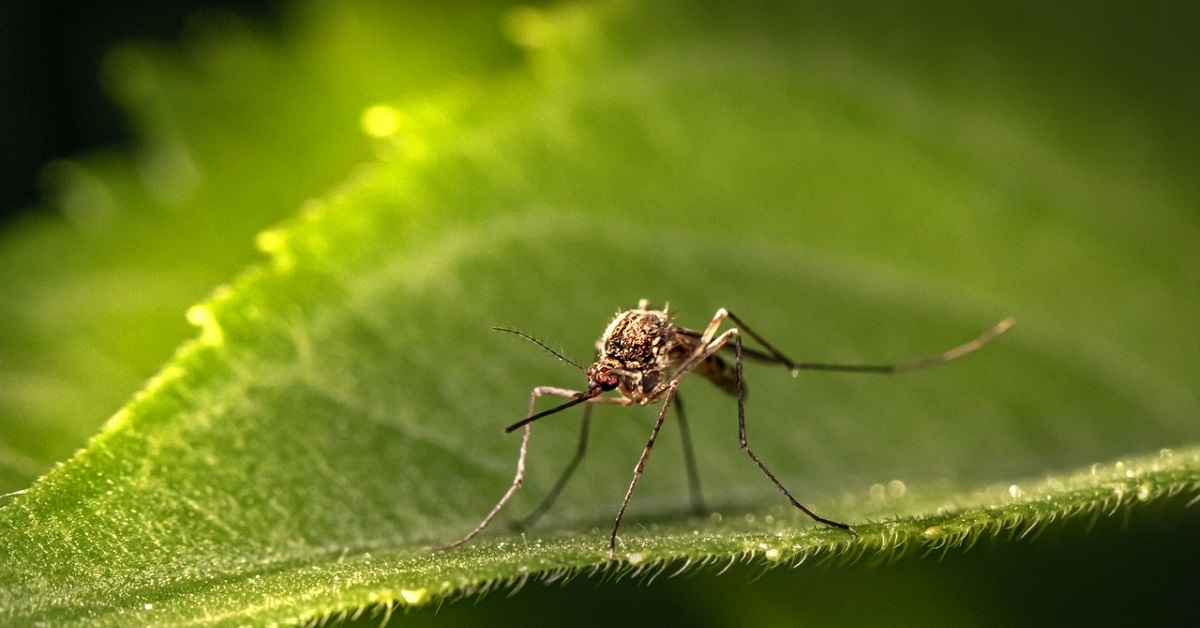Japanese Encephalitis – Why You Should Get the Vaccine in Birmingham
Japanese encephalitis is a serious viral infection with most cases reported in Asian rural areas. This infection is dangerous enough to cause encephalitis (brain infection); even though its cases are rare among travellers in recent times, many people who are infected with Japanese encephalitis lose their lives, while others get a permanent neurological disability. A good number of encephalitis cases in Asia are caused by Japanese encephalitis. However, you may prevent yourself from contracting it by getting your Japanese encephalitis vaccine in Birmingham from The Travel Health Clinic.

How Does Japanese Encephalitis Spread?
Japanese encephalitis only moves from one person to another through a mosquito bite. This makes it necessary for travellers to not only get a Japanese encephalitis vaccine but to take further steps to avoid mosquito bites. This infection can’t move directly from one person to another.
Symptoms of Japanese Encephalitis
Every person experiences Japanese encephalitis symptoms differently. Certain people may show no symptoms after infection, while others may just experience them in their mild form. However, serious symptoms may be experienced in some rare cases of this condition, where encephalitis may arise. These symptoms include:
– High body temperatures (fever)
– Neck stiffness
– Seizures
– Coma
– Death
Where to Get the Japanese encephalitis vaccine Birmingham
The vaccine comes in 2 doses which are given 28 days apart. You should make sure you receive the second dose of the Japanese Encephalitis vaccine at least one week prior to the day of departure if you plan to travel. Children under the age of two months are the only ones not eligible for the vaccines. It’s also not recommended for women who are pregnant or breastfeeding.
The Japanese encephalitis vaccine is especially recommended for people going for longer trips during a rainy season, or those going to the rural areas of Asian countries that include:
– India
– Vietnam
– China
– Thailand
It’s recommended that you confirm with your travel agent for any changes in the listed countries. This enables you to check if your country of destination has been included in the list of countries with cases of Japanese encephalitis.
It’s also recommended to get vaccinated if you are headed to Asia and:
– Plan to visit regions with confirmed cases of Japanese encephalitis for about a month
– Expect to travel to rural areas for less than a month with lots of outdoor activities
– Go to areas with a Japanese encephalitis outbreak
– Are not sure of your plans while there
Laboratory staff who are in danger of getting infected are also required to get the vaccination. Children who are below the age of 3 get a smaller dose during vaccination, compared to older people.
Side effects of Japanese encephalitis vaccine in Birmingham
Up to 40% of individuals who get the vaccine may experience mild side effects that go away after a short episode. These side effects are:
– Muscle pain
– Headache
– Swelling, soreness, or redness in the injected region
In some rare cases, more severe side effects like breathing difficulties, swelling of the face, or urticarial or hives can be witnessed.
Precautions
If you are experiencing high temperatures (fever), are pregnant, or breastfeeding, it’s important that you consult with your doctor or nurse for further guidance on the Japanese encephalitis vaccine. It may have to be moved to another date.
Talk to The Travel Health Clinic today for further details on Japanese encephalitis before travelling.
Get Your Vaccination Book Your Appointment Travel Vaccine Guide
This blog post was written on behalf of The Travel Health Clinic by Pharmacy Mentor.




